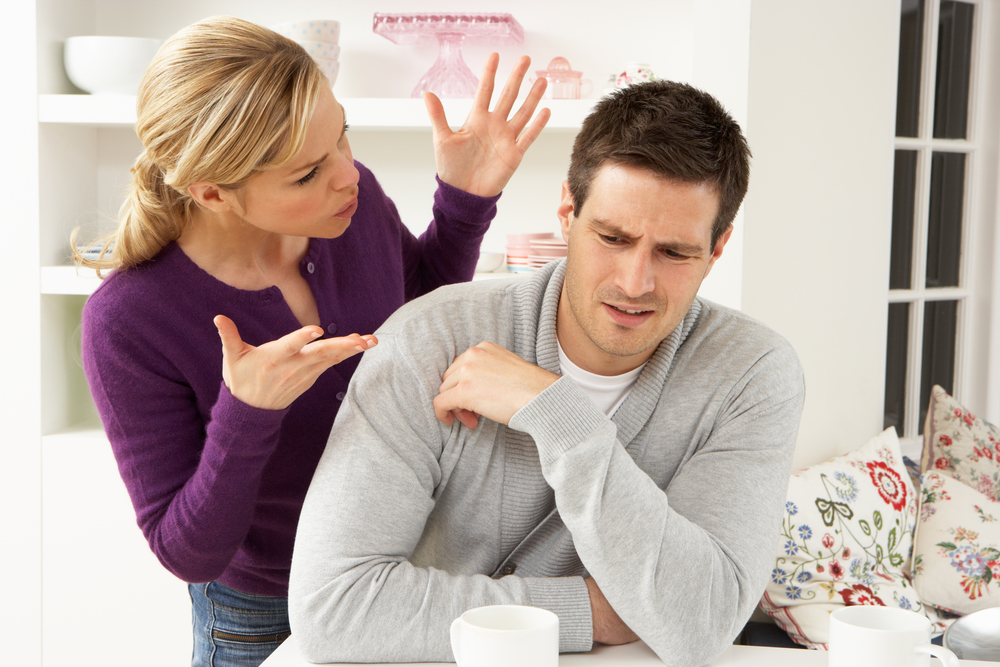Unhappy Marriage? Here’s What It’s Doing to Your Body
Is Your Relationship Causing Harm to Your Health? You are going be surprised by this research on how unhappy relationships compromise your physical body. The latest research on couples points to a gruesome conclusion: People in marriages filled with resentment heal more slowly (physically) and die sooner than those in happy marriages. How does an unhappy marriage literally steal years from your life? It comes down to the toll a bad relationship takes on your body. Living in relationship stress is living in a state of chronic, physical stress. As with any chronic stress, the body reacts by resorting to chronic fight or flight physiology, which sets in motion a series of biological events that are medically proven to shorten life. One of the primary dangers of relationship-induced stress is slow healing due to a compromised immune system. The study conducted at Ohio State University shows how physically harmful arguing can be. In the research, 37 married couples were given vacuum blisters on the arm and then asked to engage in mutual conversation for 30 minutes. Each couple was videotaped so researchers could grade them on their communication skills. After 12 days, the researchers discovered that the blisters healed faster for the people who enjoyed positive communication styles. The couples who engaged in mutual hostility had the slowest healing blisters. Why does resentment prevent physical healing? The researchers at Ohio State who did the study think it might have something to do with oxytocin."Oxytocin is a protective hormone," says Janice Kiecolt-Glaser, the lead author of the study. Kiecolt-Glaser observed that better communicators had the highest levels of oxytocin in their blood samples. Bad relationships slowly destroy people, one drop of blood at a time. If you're in a stressed out relationship, you really have two options: 1) work to heal the relationship 2) leave. Neither of these options is simple in real life. With so much at stake - finances, children, the overwhelming prospect of starting over, the painstaking process of mending the relationship - it may be very tempting to "ride it out" a little longer and give in to being unhappy. Of course, this is a grave mistake (no pun intended). Why don't more people actually resolve their marital difficulties? In my experience there are lots of surface excuses, but three fundamental reasons why people do not successfully work on their marriage. 1. Lack of knowledge. It's true that many people simply do not know where to begin. Which communication skills are vital to success in relationships? How do you manage the inevitable conflict along the way? How do you know if you are truly compatible? How do you deal with someone who doesn't want to make the effort? Where do you even begin? These crucial questions are thoroughly addressed in the new Dating, Relating and Mating course offered by Jake and Hannah Eagle. Jake is a psychotherapist in Santa Fe who has literally cracked the code on romantic relationships. From A-Z, [...]



